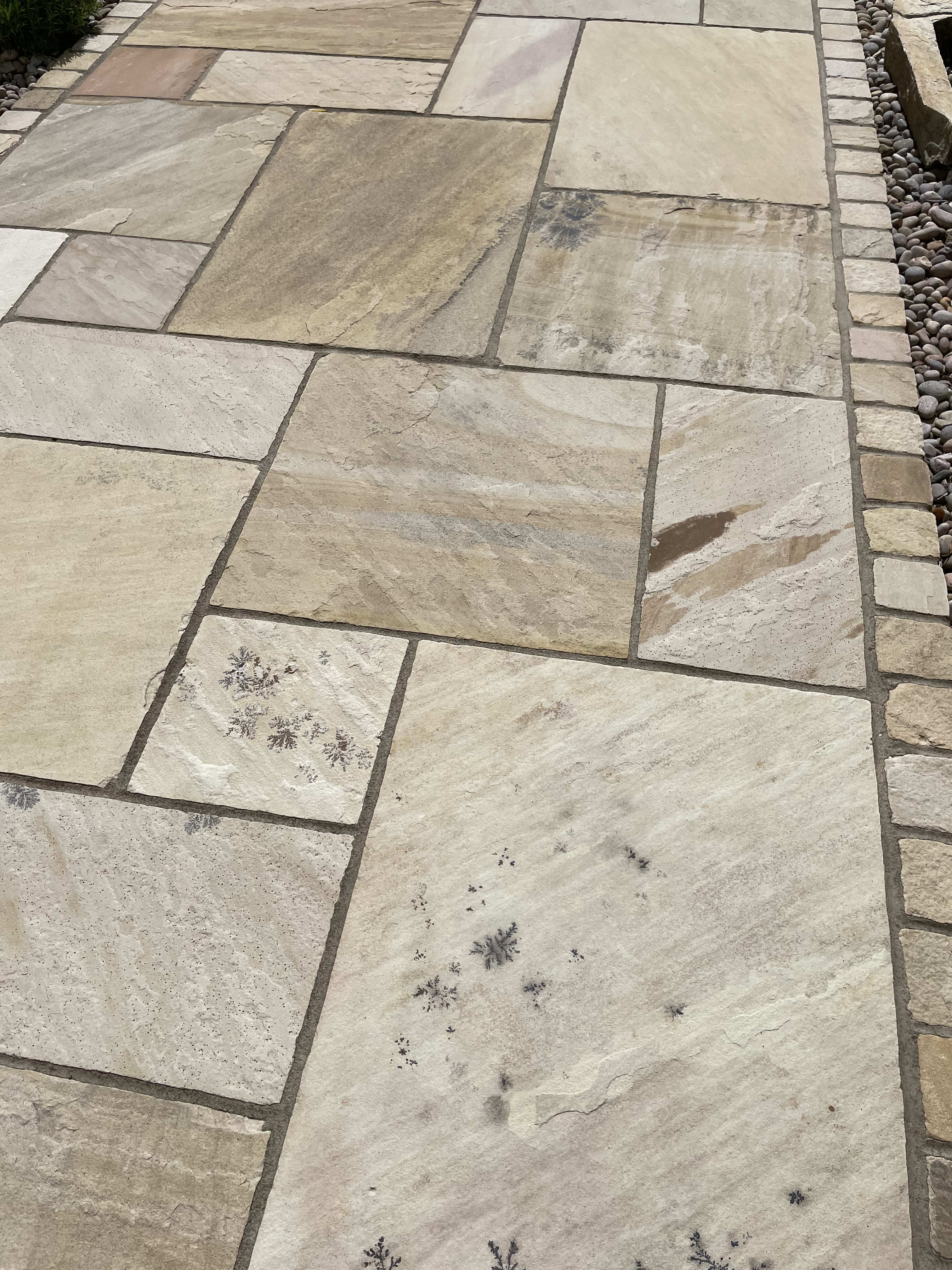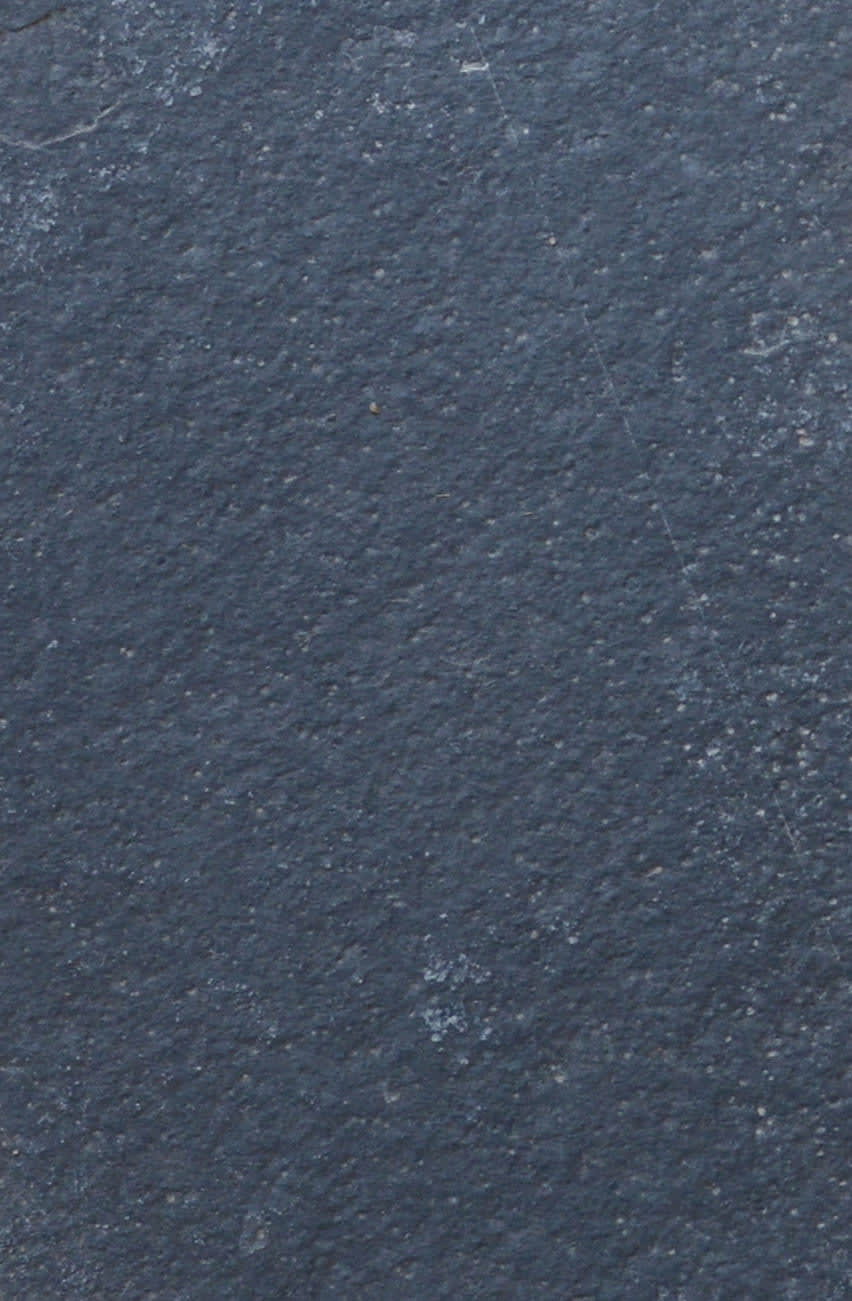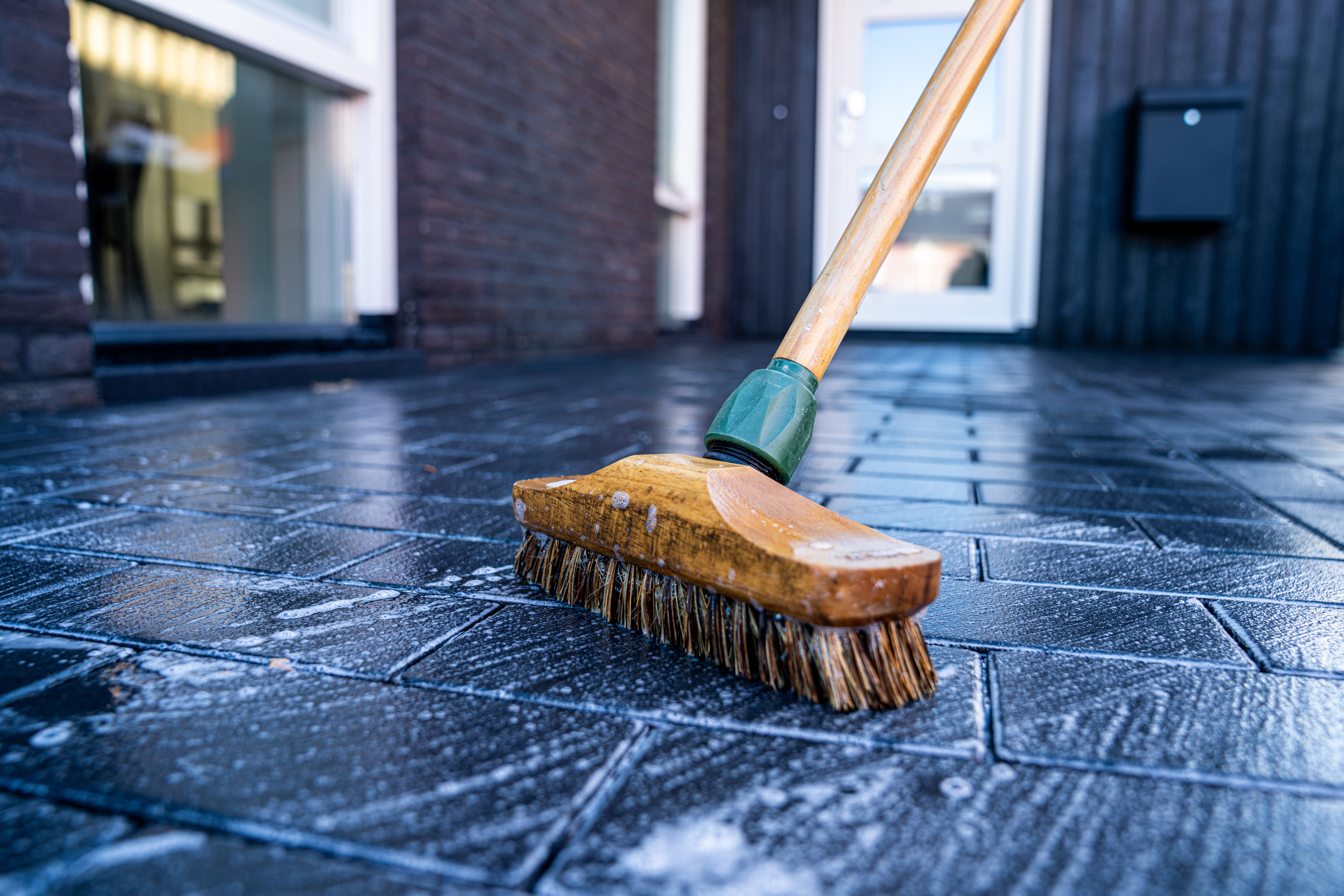Garden Patio Slabs
(18 Products)Patio slabs offer an exciting opportunity to redesign and beautify your garden. Picture your ideal outdoor setting: perhaps it’s a sophisticated space for entertaining, a cosy nook for morning reflections, or a safe, durable area for family fun. Patio slabs play a crucial role in shaping that atmosphere. Whether you want to define zones, create a focal point, or simply reduce garden maintenance, these slabs give you the creative freedom and durability to transform your space in a way that lawns alone can’t match.
What Are Patio Slabs?
Patio slabs provide solid, level surfaces that structure and define everything from garden paths and walkways to patios, dining areas, and quiet corners for relaxation.
As the surface you walk, sit, and gather on, their appearance, feel underfoot, and resilience to wear play a huge part in creating an inviting, safe, and enduring outdoor environment.
Unlike traditional lawns, which require regular mowing, watering, and upkeep, patio slabs offer a low-maintenance alternative that looks great all year round. They provide a clean, stable surface that’s ideal for furniture, outdoor dining, and high foot traffic - without the mud, patchiness, or seasonal wear that grass often suffers.
While lawns have their place in softening a space, patio slabs add structure and visual contrast, allowing you to balance greenery with practical outdoor living areas.
With options ranging from beautiful natural stones like distinctive Indian Sandstone to classic Limestone, we stock a patio slab to suit every taste and budget.
Why Choose Patio Slabs?
- Improves Accessibility: A level, solid surface provides easier access across your garden, reducing muddy patches or uneven ground and making it more comfortable to walk, bike, or roll outdoor equipment.
- Adds Structure and Depth: Using slabs in your landscaping design helps create layers and structure within your outdoor space. Different patterns, colours, and materials can break up the monotony of lawns, adding visual interest and dimension.
- Relatively Low Maintenance: Compared to lawns or decking, a well-laid patio generally requires less intensive upkeep, typically needing just regular sweeping and occasional washing.
- Versatility in Design: Available in a vast array of materials, sizes, colours, and finishes, patio slabs allow for immense design flexibility, from intricate patterns with mixed sizes to simple, uniform layouts.
- Increases Property Value: A well-designed and professionally installed patio is a desirable feature that can vastly bump the market value of your property.
Designing Your Patio
- Laying Patterns: Consider patterns like random course (using mixed sizes, often from "patio packs"), uniform rows (stretcher bond or stack bond), or even diagonal layouts to add visual interest.
- Shape and Flow: Think about how the patio will connect with your home and the rest of the garden. Curves can soften a design, while geometric shapes offer a more formal look.
- Edging: Define your patio area and provide structural support with complementary or contrasting edging stones, blocks, or setts.
- Integrating Features: Plan for elements like built-in seating, planters, steps leading to other garden levels, or even a designated spot for a fire pit or water feature.
Maintenance
- Regular Cleaning: Sweep frequently to remove leaves, dirt, and debris.
- Occasional Washing: Wash with water and a stiff brush, or a gentle pressure wash (being careful with joints and softer stones).
- Managing Growth: Address any weeds or moss that may appear in joints promptly.
- Sealing (Especially for Natural Stone): Many natural stone slabs, including most Limestone and Sandstone, benefit from the application of a quality impregnating sealer. This helps protect against staining, water absorption, algae growth, and frost damage, making ongoing maintenance easier.
Frequently Asked Garden & Patio Paving Questions
How Do I Choose The Right Patio Slab Size?
The size of the slabs should be determined by the size of your outdoor space and the design you’re envisioning.
Larger slabs work well in wide, open areas for a clean, modern look, while smaller slabs or a combination of sizes might be ideal for intricate, patterned layouts in smaller spaces.
Consider also the flow of the space - larger slabs typically create a sense of openness, while smaller ones can add more visual interest.
Should I Put Anything Under Patio Stones?
Pavers can be installed with the time-honoured technique of sand-set paver base. This approach requires a bedding layer of sand between the pavers and their foundation.
Once the base layer of sand has been spread out across the area, pavers are placed above it and then pressed firmly into place to fully secure them.
Is It Okay to Lay Paving Slabs Without Gaps?
Butt Jointing is a landscaping technique that involves "butting" paving stones next to each other without any joint space.
Even though it can create an aesthetically pleasing, minimalistic look, this method often leads to problems down the road since there’s no room for grout between the stones.
How Long After Laying Slabs Can You Walk On Them?
After installing your paving slabs, it is vital to refrain from walking on them until the mortar has had ample time to dry. Generally, this takes between 24-48 hours after you complete the pointing process.
What Are Paving Flags?
The locals of Lower Britain have long maintained that flags are "slabs," regardless of whether they are composed of concrete or natural stone. As it turns out, they were in the right all along! In accordance with British Standard BS 7533:42006, a flag is defined as a precast concrete unit employed for surfacing purposes; its length must not exceed one meter while its thickness divided by length should be greater than four.
What Is The Difference Between Sandstone & Limestone Paving?
Limestone brings a rough and earthy feel to your outdoor space, offering up an orange-peel texture alongside its occasional natural split surface. On the contrary, sandstone has a more modern aesthetic with its sawn finish and rippled texture - perfect for those looking for something contemporary.



.jpg)
.jpg)
.jpg)

.jpg)


.jpg)



.jpg)


.jpg)






